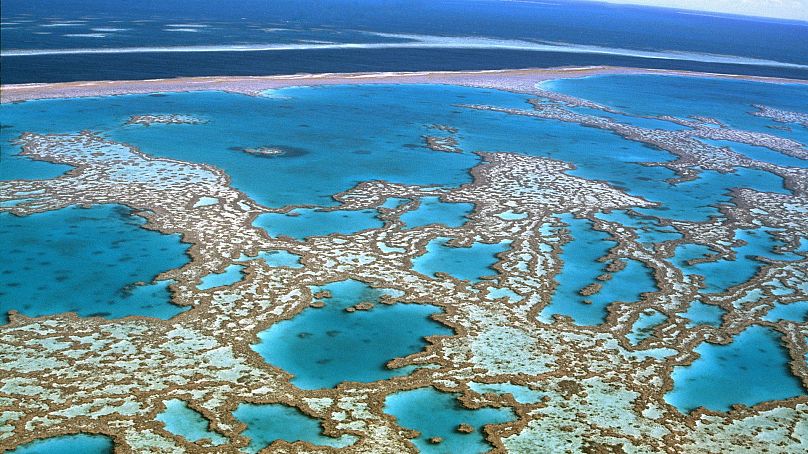Australia ‘safeguards’ the future with new law capping emissions from oil and gas.
Australia has passed tough new laws capping oil and gas emissions.
 ADVERTISEMENT
ADVERTISEMENT
 ADVERTISEMENT
ADVERTISEMENT
The breakthrough legislation - passed late on Thursday night local time - requires coal mines and oil refineries to curb their emissions by about five per cent each year.
The centre-left Labor government behind the new laws estimate it will prevent 200 million tonnes of carbon emissions over the next decade.
"What the parliament has done today is safeguard our climate, safeguard our economy and safeguard our future," Australia's Climate Change Minister Chris Bowen told MPs.
"What the parliament has done today is brought an end to 10 years of dysfunction and 10 years of delay."
What does Australia’s new climate law do?
Under the new legislation, coal mines, oil refineries, aluminium smelters and other large polluters will be forced to cut their emissions by 4.9 per cent each year.
It will apply to 215 industrial polluters overall and marks the first time emissions reductions have been written into Australian law.
The bill was passed with support from the left-wing Green party.
Greens leader Adam Bandt celebrated the legislation which enshrines oil and gas emissions cuts "for the first time ever in law".
Prime Minister Anthony Albanese promised that the so-called safeguard mechanism will set Australia on a “realistic” path to net zero by 2050.
Australia has been a climate pariah for years
Australia is one of the largest per-capita polluters in the world.
According to 2020 figures from Our World in Data - the most recent available - each person in Australia emits 15.4 tonnes of CO2 annually. This is around three times the global average.
The country’s economy is heavily dependent on exporting its resources, meaning attempts to regulate the industry have been met with bitter opposition and intense lobbying.
Former prime minister Scott Morrison - ousted in a federal election last year - famously brought a lump of coal into parliament
“This is coal. Don't be afraid. Don't be scared. It won't hurt you,” he told MPs.
The new prime minister Anthony Albanese has taken a more progressive stance on climate. Last year, the government passed emissions reduction targets for the first time, pledging to cut emissions by 43 per cent by 2030 compared to 2004 levels.
The previous target was a 26 per cent to 28 per cent cut.











